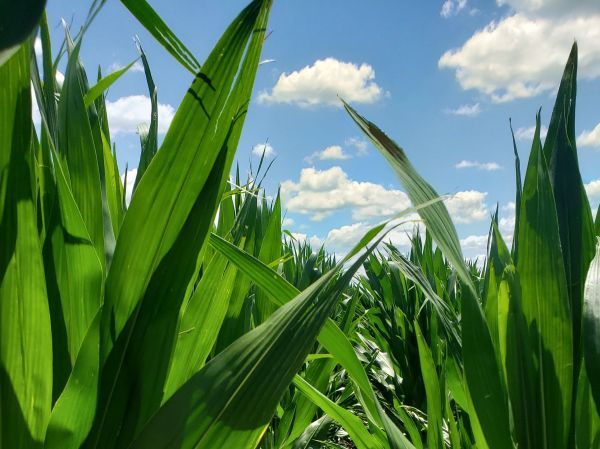Online Anhydrous Ammonia Safety Training Program Launched

Certified Grower Training is now available on the Illinois Department of Agriculture (IDOA) website.
Under a new state regulation (8 IAC 215), anyone who works on a farm and handles anhydrous ammonia must complete Certified Grower Training by April of 2022 and once every three years thereafter. This includes not only farm workers who apply the nitrogen fertilizer to fields, but also those who transport nurse tanks to and from suppliers and those who maintain anhydrous ammonia equipment.
“Although the requirement doesn’t take effect until 2022, I encourage everyone who must complete the training to do so as soon as possible,” IDOA Acting Director Jerry Costello II said. “Anhydrous ammonia is potentially dangerous if not handled properly, and the safety lessons taught in this training could prevent serious injury or even death.”
The training program can be accessed through a link posted on the website’s homepage. It directs visitors to a portal that includes step-by-step instructions for creating a user account and viewing the training. Other useful information such as answers to frequently asked questions and a copy of the new state anhydrous ammonia regulations are also posted on the homepage.
Plans are to offer a classroom version of the training as well. However, the coronavirus pandemic has put in-person courses on hold.
The Department and supportive farm groups are currently looking for qualified trainers to teach the in-person classes. Once face-to-face meetings are safe to resume, Train-the-Trainer sessions will begin to equip these volunteers with the materials they need to present the class.
Trainers must possess the following qualifications:
- Minimum 5 years of experience in the anhydrous ammonia industry; practical experience with storage, application and equipment operation, inspection and maintenance;
- Comfort speaking in groups and ability to relate to growers and answer their questions;
- Experience using a computer, projector and microphone and have access to suitable meeting rooms or outside venues to conduct training;
- Good organization and communication skills and an ability to maintain and transmit training rosters to the IDOA;
- Capability to become a Certified Competent Attendant and commit to attend this IDOA-sponsored training annually.
Persons who meet these requirements and are interested in becoming a trainer should contact Jeff Squibb at the Illinois Department of Agriculture (217-785-8212; jeff.squibb@illinois.gov), John Rebholz at the Illinois Fertilizer and Chemical Association (309-827-2774; john@ifca.com), Travis Deppe at the Illinois Corn Growers Association (309-557-3257; tdeppe@ilcorn.org), Mike Levin at the Illinois Soybean Association (309-808-3606; levinm@ilsoy.org), or Lauren Lurkins at the Illinois Farm Bureau (309-530-0398; llurkins@ilfb.org).
Regardless of whether the training is online or in-person, it must be offered to participants at no cost.







